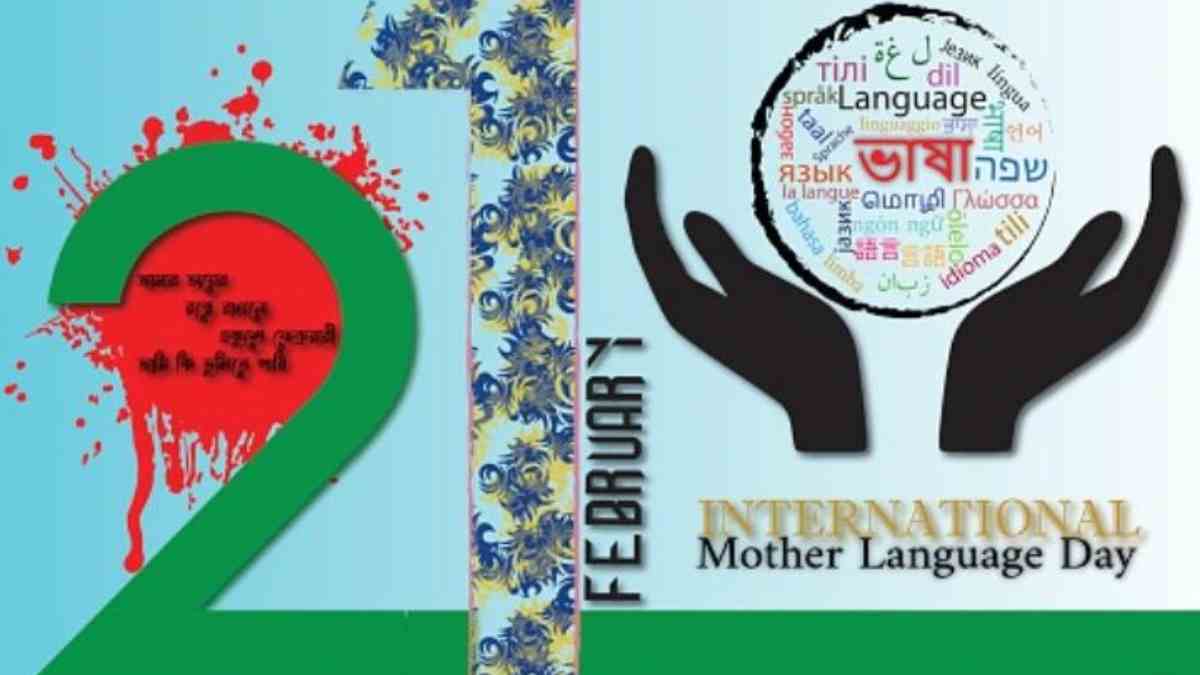Digital Desk: Today marks International Mother Language Day 2022. Language is a crucial part of anyone's identity and existence. In a world full of diverse communities and cultures, your language defines you.
This year the theme for the International Mother Language Day 2022 is "Using technology for multilingual learning: Challenges and opportunities".
The focus is on the potential role of technology to advance multilingual education and support the development of quality teaching and learning for all.
Mother language is defined as the first language that an individual adopts as they grow up. However, this factor might vary according to location, migration, language swift, language death, etc.
International Mother Language Day is celebrated to encourage linguistic and cultural diversity and multilingualism worldwide. Language is not a means of communication; it represents vast cultural and intellectual heritage.
According to the United Nations, a language is lost every two weeks, and at least 43% of the world's estimated 6000 languages are endangered.
India has 121 different languages. Part A of the Eighth Schedule to the Constitution of India specifies 22 of them, whereas part B specifies the remaining 99. In addition, India has 270 different mother tongues.
Also Read: Yamuna Cleaning Cell fixes timeline for cleaning Yamuna’s biggest polluters
According to the 2011 census, Hindi is India's most popular language, spoken by more than 52 million people, whereas only 24,821 persons speak Sanskrit. English is classified as a non-scheduled language, not listed in the eighth schedule.
Some mother tongues, such as Bhojpuri (5 million), Rajasthani (2.5 million), Chhattisgarhi (1.6 million), and Magahi or Magadhi, are spoken by millions but do not have the status of languages (1.27 cr).
History Behind the Day:
The day began on February 21, 1952, when Pakistani forces opened fire on Bangla-speaking civilians, resulting in numerous deaths and the establishment of Bangladesh.
Rafiqul Islam and Abdus Salam, two non-resident Bangladeshis from Canada, wrote to Kofi Annan, then-secretary-general of the United Nations, in 1998. They asked the United Nations to take action to safeguard the world's endangered languages by recognising February 21 as International Mother Language Day. In 1999, UNESCO approved the idea. As a result, Bangladesh has declared the day a national holiday.

Leave A Comment